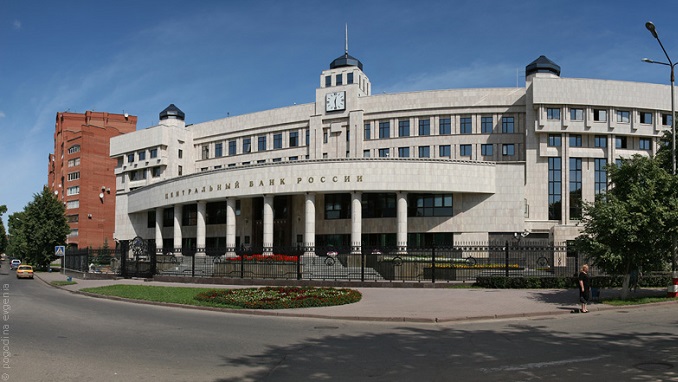Russia’s central bank edged closer to raising interest rates for the first time since 2014 as its counterparts across emerging markets resort to higher borrowing costs to counter slumping currencies and inflation risks, TASS news agency reports.
Governor Elvira Nabiullina said Tuesday that there were factors in favor of raising interest rates at a meeting next week, even though most evidence still pointed toward leaving borrowing costs unchanged.
The central bank sees higher market volatility, largely as a result of external factors, with investors reassessing risks in emerging economies, Nabiullina told reporters in the Black Sea resort of Sochi, adding that she expects a “real discussion” at a rate meeting Sept. 14.
“There’re a significant number of factors for holding the rate and some factors have appeared that allow to put the option of a possible rate increase on the table,” Nabiullina said. “We’ll assess all the risks.”
The prospect of a hike as soon as next week underscores a change that took hold after the fallout from U.S. sanctions, a decline in the ruble and turmoil in emerging markets. Central banks from Indonesia to Argentina have already lifted rates in an effort to stabilize their currencies.
While the Bank of Russia hasn’t raised its benchmark in almost four years, it stepped off the fast track to monetary easing in 2018 with a pause at three consecutive meetings. Nabiullina had previously said all options will be on the table in case of “a sharp strengthening in pro-inflationary risks.”
The ruble pared its losses after Nabiullina’s comments on Tuesday, trading 0.2 percent weaker at 68.1525 against the dollar as of 1:02 p.m. in Moscow. It’s among this year’s five worst performers in emerging markets with a loss of almost 16 percent against the U.S. currency.
The central bank has estimated that each 10 percent decline in the ruble’s value could add a percentage point to price growth.












